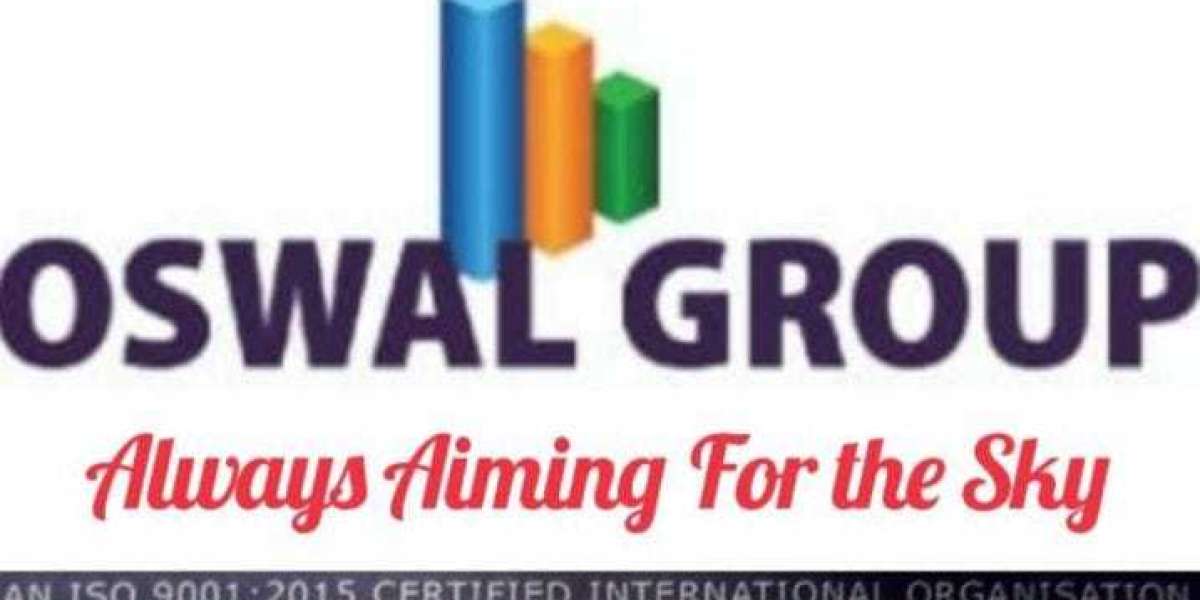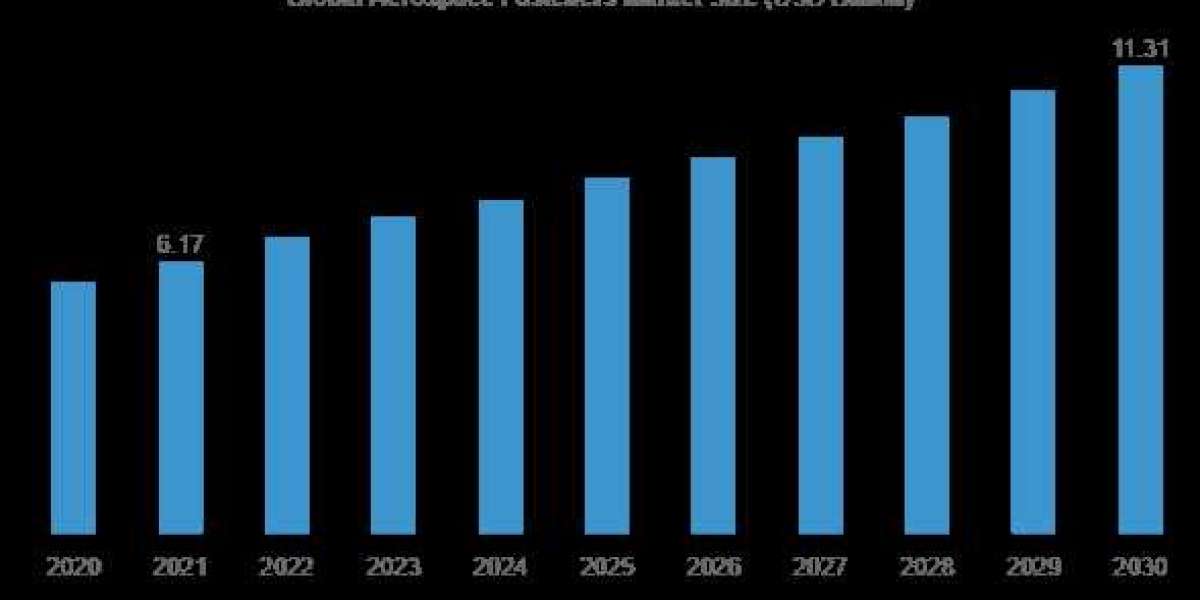The Parents and Grandparents Program (PGP) has emerged as a highly sought-after avenue for family reunification in Canada. According to recent data from Immigration, Refugees and Citizenship Canada (IRCC), there has been a consistent upward trajectory in the number of new permanent residents admitted through this program. In April, 2,100 new permanent residents entered Canada via the PGP, reflecting a 4.2% increase from the previous month. This article will explore the importance of the PGP, its present trends, and essential information prospective sponsors should be aware of.
Why the PGP Matters
The Parents and Grandparents Program enables Canadian citizens and permanent residents to sponsor their parents and grandparents for permanent residency. This program is crucial as it facilitates family reunification and establishes a support network for immigrants. Older family members play significant roles in childcare, preserving cultural heritage, and offering emotional support, thereby easing the adjustment for new immigrants.
Recent Trends and Statistics
The Parents and Grandparents Program (PGP) has demonstrated a notable upward trend. April's statistics show a continued increase, with 2,100 new permanent residents arriving compared to 2,025 in March and 1,910 in February. This upward trend is promising, especially considering that the year began with just 1,840 new arrivals in January.
Despite the increase, the PGP welcomed a total of 7,910 new arrivals in the first four months of 2024, marking a 12.8% decline compared to the same period last year. Nonetheless, given Canada's expanding immigration goals, it is anticipated that PGP figures will rise in the upcoming years.
Provincial Insights
Ontario continues to be the primary destination for PGP immigrants, receiving 3,870 new residents in the first third of the year. Quebec, however, saw the most significant percentage increase, with an impressive 39.3% rise in April. Alberta and British Columbia also reported substantial numbers, highlighting these provinces' popularity among PGP applicants.
Application Process and Requirements :
The process for applying to the PGP is thorough. Here are the essential steps and requirements:
Sponsor Eligibility :
- Must be at least 18 years old.
- Must be a Canadian citizen, permanent resident, or registered Indian under the Canadian Indian Act.
- Must meet income criteria to support the sponsored family members.
Sponsorship Agreement :
Sponsors are required to sign an undertaking committing to provide financial support for 20 years (10 years for Quebec residents). This includes reimbursing any social assistance received by the sponsored family members during this period
Submitting the Application
- Submitting the Application
- Submit an interest to sponsor form.
- If selected, receive an Invitation to Apply (ITA).
- Complete and submit the sponsorship and permanent residence applications.
Required Documents
Medical exams, police certificates, and biometrics are necessary.
Ensure all information remains current to prevent processing delays.
Challenges and Considerations
Sponsoring parents and grandparents entails substantial responsibilities. Sponsors must ensure essential needs such as food, clothing, housing, and healthcare (not covered by public insurance) are provided. This obligation remains valid even during personal financial challenges, separation, or divorce.
The Parents and Grandparents Program plays a central role in Canada’s immigration strategy by promoting family reunification and support. As Canada aims to increase its immigration targets, it is expected that the PGP will continue to expand. For individuals thinking about sponsoring their parents or grandparents, it is essential to grasp the process and fulfill the necessary criteria. With thorough preparation, families can anticipate reuniting and enjoying the numerous advantages that accompany it.



